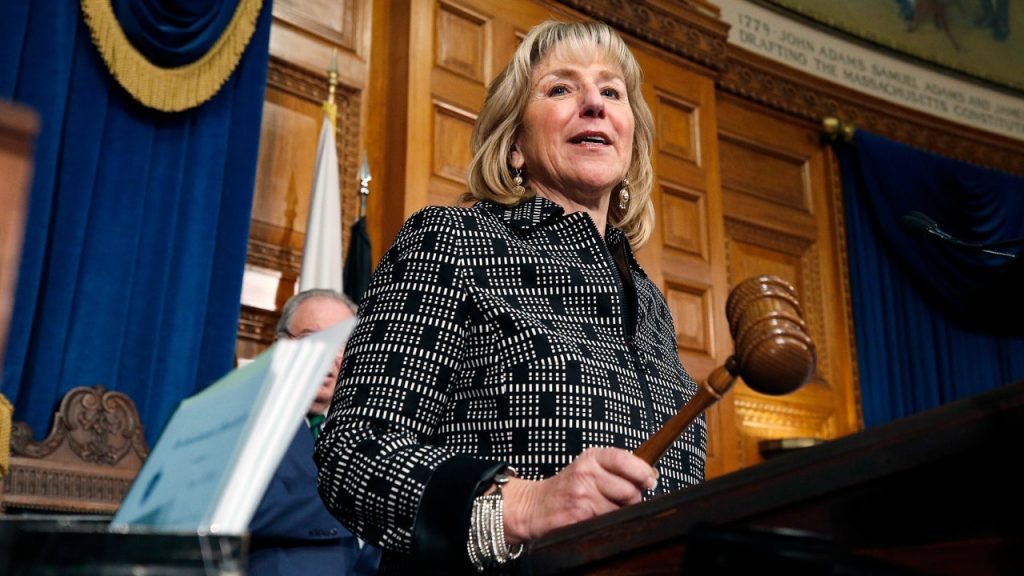The Massachusetts Senate has proposed a plan called MassEducate to create tuition-free, universal community college for all residents of the state. The plan aims to increase the state’s workforce and expand educational opportunities for students. The proposal includes $75.5 million in new spending to cover tuition and fees, as well as a stipend of up to $1,200 for books, supplies, and other costs for students who make 125% or less of the median income in the state. This initiative is part of the Senate’s proposed $57.9 billion budget for the new fiscal year.
The Senate’s budget includes investments in programs created in the current-year budget, such as $18 million for free nursing programs at community colleges and $24 million for free community college for residents over 25. Senate President Karen Spilka emphasized that the plan is an investment in local talent and will help open up job opportunities for graduates, giving Massachusetts a competitive edge. Students would be eligible for the free tuition and fees and stipend starting from the fall semester if the proposal makes it into the final state budget plan. However, the proposal’s inclusion in the final budget is uncertain as the House did not include it in their version of the budget.
Critics of the Senate’s community college plan warn that the cost of making community college tuition-free could be unsustainable in the long run. They argue that making something free often leads to high costs, which taxpayers will ultimately be responsible for. However, supporters of the plan believe that investing in education is essential for the state’s economic growth and prosperity. The Massachusetts Fiscal Alliance, a group opposing the plan, argues that taxpayers will bear the burden of this decision.
State officials have reported that the voter-approved “millionaire’s tax,” which imposes a 4% surtax on individuals earning over $1 million, has generated over $1.8 billion in revenue for the current fiscal year. This revenue is intended for transportation and education initiatives. The Massachusetts Teachers Association views this as a positive development and believes that the additional funds will help school districts hire and retain staff, provide fair wages to educators, and improve working conditions, including access to paid family leave. The coalition of groups, including the MTA, that pushed for the millionaire’s tax sees this revenue as a vindication of their efforts.
The 15 community colleges in Massachusetts cater to over 90,000 students, with around 70% attending school part-time while juggling work and family commitments. Nearly half of these students receive federal Pell grants. Under the Senate’s plan, these students would also be eligible for a stipend for books, supplies, and other costs, in addition to the book stipend they already receive through state financial aid. This would amount to a combined $2,400 stipend per year for eligible students, further assisting them with the costs of attending community college. The Senate’s budget debate is ongoing, with negotiations expected between Senate leaders and the House to potentially include the MassEducate proposal in the final version of the state’s spending plan.













